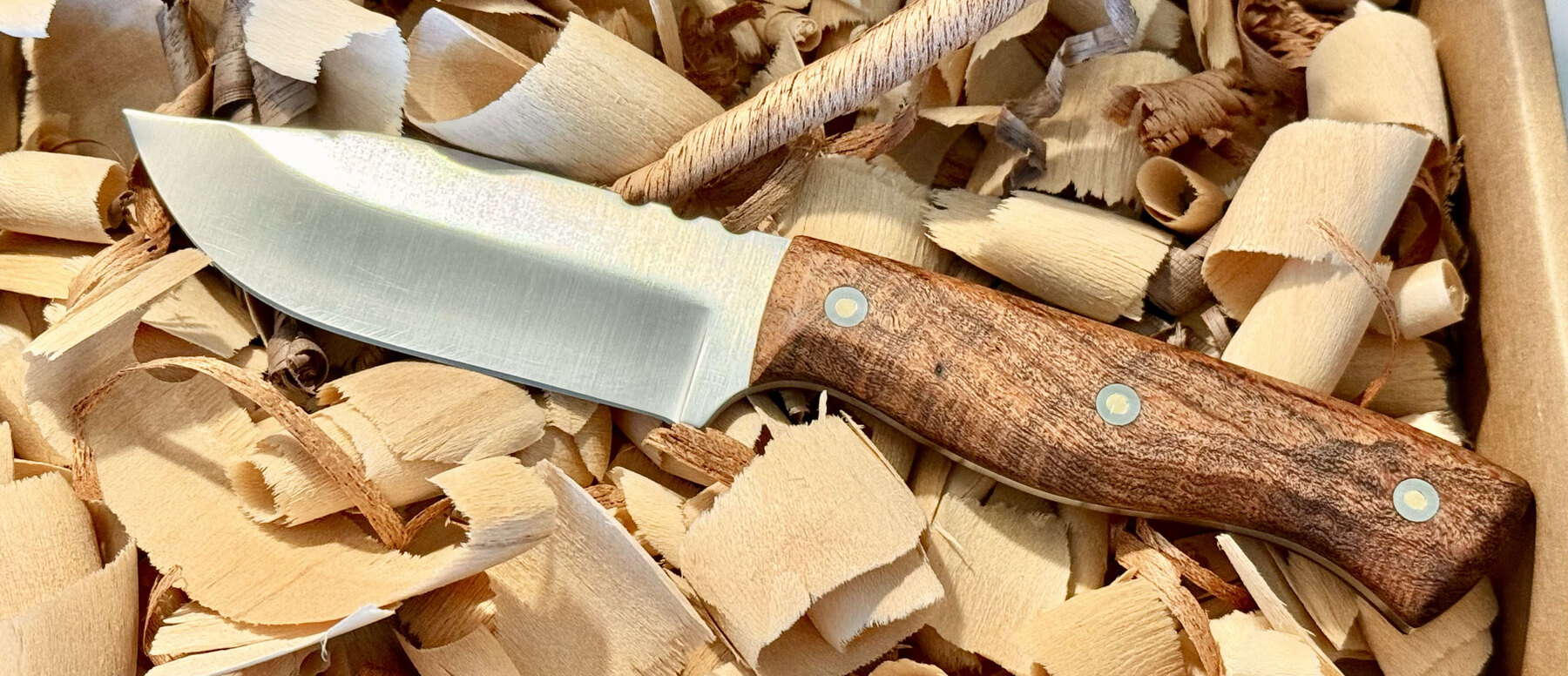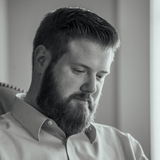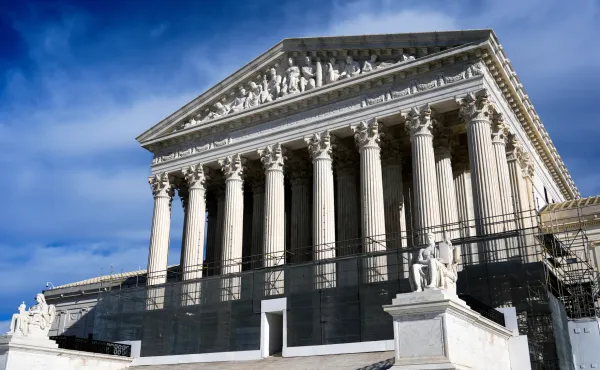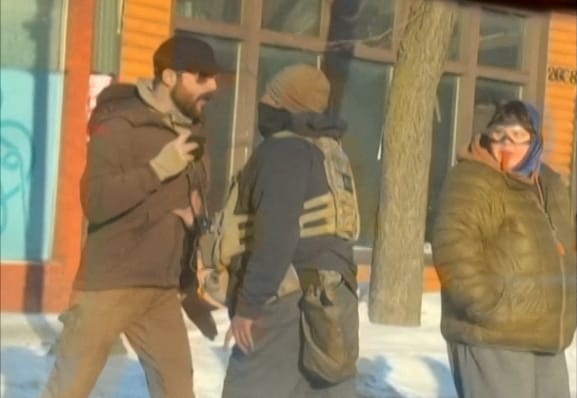A Father’s Joy
I don’t write about family to indulge—it’s the clearest window into what matters most. If my children walk in truth, if they grow in grace and give what they’ve received, then every effort is worth it. We’re not just raising kids. We’re raising saints.

Each week, my mind swirls with topics to write about—insights from Scripture, concerns for the future, shifting legal tides in education, missions abroad, politics. Yet, again and again, I find myself returning to the same subject: my family.
I hope that’s neither conceited nor tiresome to you, my readers. I respect the time you carve out of your busy lives to read my words, and I do not take that for granted.
But my children are my highest joy, my deepest focus. I suspect that’s something we all share in common. And so I tell myself that my reflections on fatherhood, on family, are not merely a father’s indulgence, but something more—a source of encouragement, a glimpse into something good, something true.
If someone were to ask me the central purpose of this life I have chosen—this way of living, sharing, defending, and fostering—I would answer simply: I want to see families thrive. I want to see husbands and wives love each other until death parts them, children who honor and cherish their parents, and parents who love, provide for, and guide their children into generational faithfulness. And in the path God has placed me on, I have never tasted fruit so sweet as this.
Those who criticize, challenge, and misrepresent our way of life do so from behind their screens—digital screens, smoke screens, religious screens. But for those of us living and partaking of an abundant life, their words only deepen our conviction. In truth, the only thing that could make us waver, the only thing that could cause us to question our course, would be if these critics displayed a love greater than the love we know, a flourishing in marriage and family so radiant that it made us envious, a joy and warmth so real that it made us look inward and reach outward.
But we have not seen it.
We are far from perfect. “We fall down, we get up. And the saints are just the sinners who fall down and get up.” And yet, even with all our shortcomings, even with the lessons we’ve learned along the way, we still taste and enjoy tangible, experiential fruits—fruits that our accusers, in all their storm of words, do not offer. We do not envy their marriages, their relationship with their children, the trajectory of their joy, love, or hope. There is not one among them I would trade places with—not one eaten up with bitterness, frothing with resentment, motivated by hate, that I would ever hold up to my children as an example to emulate.
No. That kind of life—one of rage, distortion, anxiety, and obsession—is a judgment unto itself, tormenting those who seek to torment others. To wish such an “enlightenment” upon my children would be to curse them.
For them, I want peace. I want friendship and laughter, selfless love and fidelity. I want life in Jesus—and that, more abundantly.
The apostle John captured the heart of a father perfectly:
“I have no greater joy than to hear that my children walk in the truth.”
Road Trip Home
Last week, as we drove back to our apartment in Mexico, departing from an evening of rich fellowship at a friend’s home, my older children reflected on the conversations they’d had. They spoke of the questions they were asked, the hurt they encountered, the confusion in the lives of the young girls they had spent time with.
They were baffled by the shallowness yet severity of certain Christian conflicts—people excommunicated for missing a Sunday service, rebuked for leaving a top button undone, dictated to about the color of their socks. It was alien to my girls. Having never lived under such arbitrary rules, they struggled to understand why some caused such wounds.
As we sped down the dark highway, I explained:
“The Christian life is shaped by two guiding forces—one internal, one external. The first is the gracious leading of the Spirit in our hearts; the second, the fixed boundaries of inviolable principles. Grace in the heart must direct nine out of ten of our choices—how we dress, speak, play, engage with the world. What we do should flow from love, a joyful expression of our identity in Christ, a devotion offered freely, not coerced. But that final tenth—that is where the boundaries lie, the clear lines we do not cross. Not because they define the heart of our faith, but because they mark the outer edge of it. They are the perimeter, the last safeguard before we stray beyond God’s heart, purpose, and love.”
I glanced in the rearview mirror. They were listening.
“When we begin to cross those lines, we bear witness against ourselves—we are no longer living by love, by grace, by the Spirit’s prompting. Jesus said, ‘If you love Me, keep My commandments.’ And John said, ‘This is how we know we have come to know Him—if we keep His commandments.’ Love keeps commandments. But when commandments are kept without love, they become a draconian weight, crushing instead of guiding, breeding frustration instead of faith.”
Silence filled the car, the kind that meant they were thinking. They were beginning to name something they had sensed but never articulated—the difference between the faith they lived and the rigidness some suffered under.
Then, softly, Aviva spoke.
“Daddy, I just love these people. I want to help them. I feel like we could talk for hours and have barely gotten started. They have so many questions. They need friends. They need love. They’ve been so hurt.”
Emotion welled in my throat at the concern in her voice. “That’s God’s love, Aviva,” I said. “That’s His heart for His children.”
I hesitated, glancing at my phone calendar. “Well, kids, I have to be back by the weekend. That only gives me two Sundays to preach before I have to go overseas again. But would you rather stay another day or head back now?”
Rebekah and I, of course, are the parents, but we make decisions as a family, just as my parents did with us. “Okay,” I said, “I’ll start with Aaron—since Ella’s only three. Then we’ll go youngest to oldest. Y’all tell me what you want to do.”
Up through the ranks they went—Aaron, Tina, Sean, Connie, Aviva. Sean surprised me. He wanted to get back. I wondered why. Was he feeling out of place? Was the experience less purposeful for him than for the girls? I made a mental note to check in with him later.
Bright and early the next morning, we hit the road toward home.
Ella was sick on the drive, but everyone else did their best to make the most of thirteen long hours on the road. One of our favorite traditions is harmonizing songs together, with Aviva arranging the parts, singing them quietly into each sister’s ear before blending them into a seamless harmony. Usually, the three girls won’t let Sean join in.
“No, Sean, you’re too loud. And you can’t do the high part anyway.”
We let the banter go as long as it doesn’t turn sharp. This time, though, Aviva relented. “Okay, Sean, you can back up Tina on the melody.”
And so, through the vast, open deserts of West Texas, past oak trees persisting against winter’s brown, beneath endless skies of deep blues, rolling cumulus clouds, and distant thunderstorms, the car filled with music.
"I heard there was a secret chord that David played, and it pleased the Lord…"
The refrain swelled—“Hallelujah, hallelujah, hallelujah, hallelujah…”
Then Aviva spoke again.
“Daddy, I don’t like some of these verses. He sounds so cynical, so hopeless.”
“Well, Viva, maybe Daddy will help you write new ones,” Rebekah said, nudging me.
“All right,” I grinned. “Game on.”
Aviva grabbed her mother’s phone and started typing as I dictated lyrics between highway signs and mile markers. “Aviva, give me the syllables—just hum the melody so I can match the rhythm,” I said.
"Da-da-da, da-da-da-da…"
Within ten minutes, a new version took shape—one old verse, two new ones, and that timeless chorus.
Yes, the trip was long. The baby was sick. The kids bickered. There were corrections, missteps, and more than a few distractions. But in those moments, in the harmony of voices blending together, the clatter of selfishness gave way to something deeper.
We lived. We breathed.
We were family.
Coming home was its own kind of beauty—seeing the first green sprigs emerge, the Desert Olive already flush with new leaves, and the pear trees bursting into delicate white blossoms. In central Texas, they stretched their fragile stems toward the sky, braving the last chance of frost, as if to signal the rest of dormant life: It’s safe to bloom again.
Back Home
It was good to be home.
Especially for the baby, who, after two days of fever that came and went like the tide, woke up fully restored—her bright, vivacious self once more.
The first morning after our return, I walked into the kitchen to find a heaping platter of bagels, cheese, meats, and fruit on the island—an unexpected gift. A friend, a mother who knew all too well what it was like to come home from a long trip with a sick child, had left it for us. I felt the love immediately and thanked God for the kindness of those who pour out undeserved grace in our lives.
That evening, we gathered around our own dinner table for the first time in weeks—since before I had left for London. But the feast before us was another gift, this time from yet another friend: brisket, ribs, sausage, chicken, and all the trimmings from Red Wagon Barbecue.
I don’t exaggerate when it comes to food. That was some of the best barbecue I’ve ever had. The brisket was superb. But the beef ribs—over-the-top excellent.
Yet just as we were finishing the last bites, Sean spoke up.
“May I be excused to go to the blacksmith shop?”
I glanced at him. It was barely March—his classes usually weren’t until the fall.
“Sean,” I asked, “do you have a class tonight?”
“Yes sir, I do.”
I frowned slightly. “Okay, I hate for you to leave so soon after supper, but how are you getting there?”
“I’ll walk—I’d like to.”
I let it go, but something about it stuck with me. The next evening, after another delicious family meal—Rebekah’s beef carne guisada over homegrown grits—Sean spoke up again.
“I need to go.”
“Where to?” I asked.
“The blacksmith shop.”
Now I was concerned. “You have a second class? Two nights in a row?”
“Yes sir,” he said, a little hesitantly.
A flicker of suspicion crossed my mind. Was he just meeting up with friends?
“Who’s leading the class?”
“Brother John Nolen.”
I turned to Rebekah. “Did you know about this? Has Brother John really called a class two nights in a row?”
She nodded but gave me a look that said something more. A look that said: Let it go. It’s okay. I know about it.
“All right, Sean,” I said, still curious, “just behave and make sure you’re working with Brother John.”
I made a mental note to ask Rebekah later.
The Gift
The next morning, I sat at my desk, juggling five open Word documents—essays for high school curriculum, publication materials, preaching notes. Between emails, I sorted through my most pressing projects when a knock interrupted my focus.
Rebekah poked her head in. “Honey, can you take a break? The younger kids want to give you some birthday gifts. They’ve been waiting all morning.”
I smiled, already feeling the shift from work to something far more important. “Of course. Send them in. Just let me finish this last email.”
Before I could even type another sentence, the door burst open, and the bright blossoms of my life filled the room—pulling me from left-brain logic to right-brain wonder, sweeping away the stress of schedules and deadlines. Ella bounced in first, her three-year-old exuberance wrapped in a white dress that made her look like a daisy in summer. Aaron and Tina followed, Sean just behind them.
Each had written a card—cut by hand, covered in the shaky letters of childhood, filled with words I hardly deserved but would strive to live up to. My heart was as stalwart and strong as butter in July.
Ella and Aaron handed me a campfire starter. Tina gifted a coffee mug.
Then there was Sean.
He stood in the corner, hesitant, holding an unwrapped cardboard box.
“Sean,” Rebekah encouraged, “you can give Daddy your gift now.”
Slowly, he stepped forward, shifting his gaze between my eyes and the box in his hands.
Etched onto the lid was a careful, hand-drawn design, dressing up the otherwise plain cardboard.
I held it for a moment, running my fingers over the lines. “Sweet boy,” I asked, “did you make this yourself?”
“Yes sir.” His voice caught in his throat. “It’s a gift I made… with some help.”
I lifted the lid.
Inside, nestled in curls of fine wood shavings, lay a gleaming hunting knife—a wide, six-inch-long drop-point blade with a hand-carved mesquite handle, smooth and fitted to the palm.
I was stunned. No words came.
“What—how—did you…?”
Sean swallowed. “Daddy, Brother John Nolen helped me make this for you. That’s what I was doing those nights at the blacksmith shop.”
My mind reeled back to my own youth, to my first connection with John Nolen when we were just teenagers—him running sound for our nursing home ministry, the long talks, the learning, the growing, the prayers. And now, years later, here he was, pouring that same patience and skill into my son.

I wasn’t just holding one of the finest gifts I’d ever received.
I was standing in awe of the greater gift—of my son, becoming a man. Of him learning, at thirteen, the meaning of craftsmanship, of excellence, of love woven into labor.
But this knife held more than his effort alone. It carried the time and care of a mentor, as well as the skill of craftsmen who had shaped that mentor, and then also the hands of a whole community that had helped many emerge from the winter of selfishness into the bloom of generosity, each one passing down the gifts of God and His grace.
I pulled Sean into a hug. When we let go, he looked up at me, and neither of us spoke. But in the silence, volumes passed between us—pride, gratitude, love.
I write these moments not to boast but to remember.
To remind myself, in the face of the world’s madness, in the cruelty of others, in the pressures of life, why we do it all.
We do it for life.
For love.
For the flourishing of our children.
And if we see them living all that we did in our youth, yet going further, deeper, beyond—then we are on the right path.
And we will never stop until every gift converges in the great gift—the final reward, the great Giver, the grace of a life that never ends.





